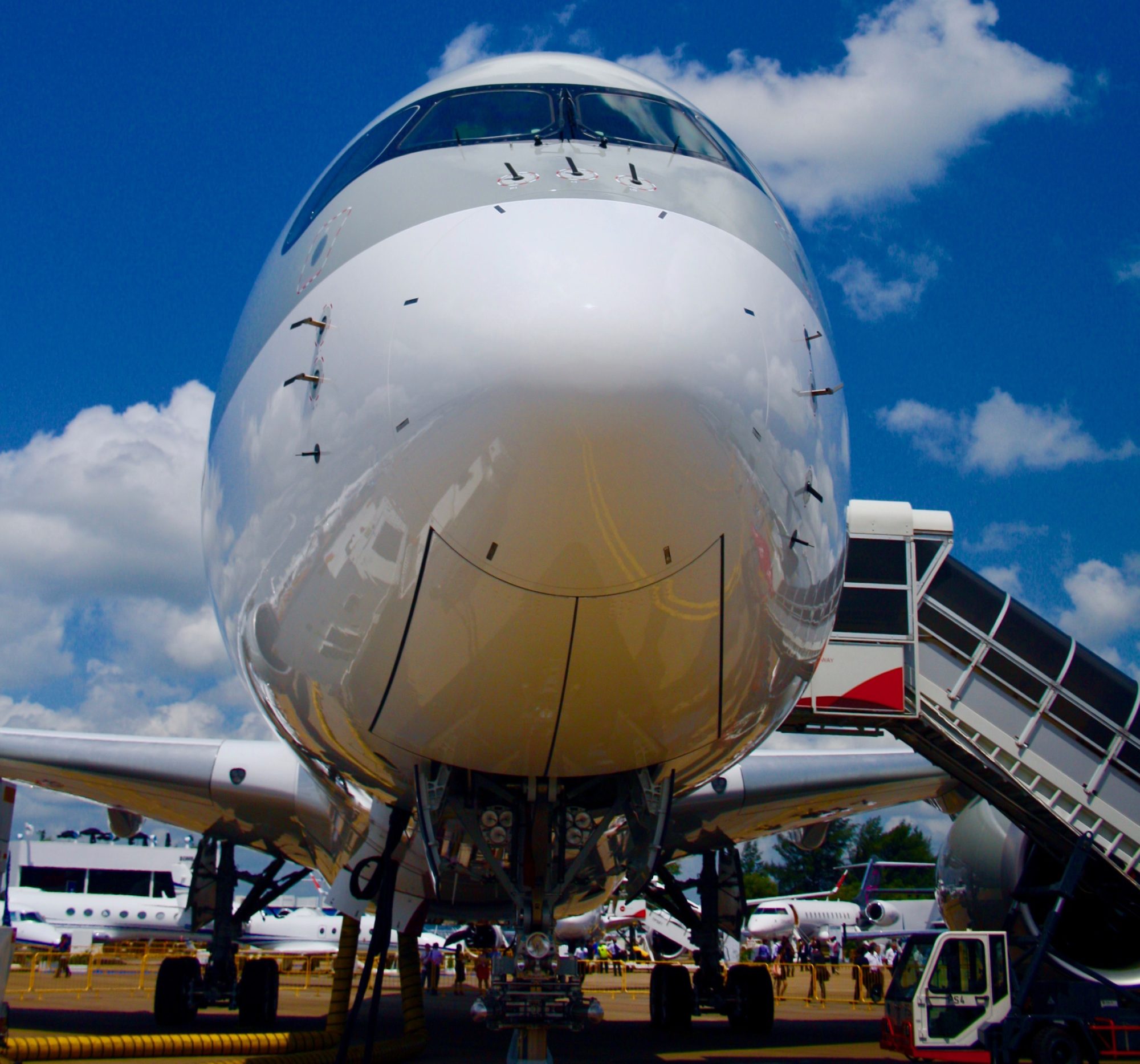Higher tier only. B11 Hormonal Coordination B11.2 The Control of Blood Glucose Levels What Causes Diabetes Bbc Bitesize insulin resistance sometimes called metabolic syndrome occurs when the body has a lowered response to levels of the insulin hormone. If blood sugar levels are low, glucagon tells your body to break down . We do not endorse non-Cleveland Clinic products or services. Insulin: secreted by the pancreas in response to elevated There, insulin enables it to enter cells and provide energy for all of the bodys functions. Glucagon often causes vomiting, so when it is used the person should be kept on his/her side. Learn about and revise homeostasis, body temperature, blood glucose, diabetes and water balance with GCSE Bitesize Biology. Be specific. The brain is dependent upon glucose catabolism for its production Insulin lowers blood glucose by increasing glucose During digestion, foods that contain carbohydrates are converted into glucose. Creative Commons Attribution-NonCommercial-ShareAlike 4.0 International License. This can contribute to higher blood sugars. Its chemical messenger effect is the opposite of insulin. With type 2 diabetes, your body makes insulin but your cells dont respond to it normally. In the liver, glucose can be converted into glycogen or It is a large multi-branched polymer of glucose which is accumulated in response to insulin and broken down into glucose in response to glucagon. Biology Notes IGCSE Cambridge 2014 | PDF | Osmosis | Enzyme Insulin helps cells absorb glucose in your bloodstream so the levels of glucose don't get too . Diabetes treatment: Using insulin to manage blood sugar In the postabsorptive phase, liver glycogenolysis provides If you're monitoring your glucose levels for health and optimization reasons, it helps to know the nitty-gritty of the relationship these hormones have. Insulin and glucagon are hormones that help to regulate blood sugar levels. From this the body will then respond to produce more . But it normally degrades very quickly. BBC Bitesize. If the blood glucose level falls to dangerously low levels (as during very heavy exercise or lack of food for extended periods), the alpha cells of the pancreas release glucagon, a hormone which travels through the blood to the liver, where it binds to glucagon receptors on the surface of liver cells and stimulates them to break down glycogen stored inside the cells into glucose (this process is called glycogenolysis). The whole process ensures that your body gets enough energy. If the blood glucose concentration is too high, the pancreas produces insulin. People with type 1 diabetes need to take insulin regularly, but glucagon is usually only for emergencies. To help you revise we've created this quiz for AQA's Unit 3. Insulin is a hormone made in your pancreas, a gland located behind your stomach. Carbohydrates and Blood Sugar - The Nutrition Source Glycogen plays an important role in keeping our muscles fuelled for exercise. Glucagon works to counterbalance the actions of insulin. Insulin enables your body to take glucose out of the bloodstream into the cells so that they can use it for energy or store it for later.. Hormones are chemicals that coordinate different functions in your body by carrying messages through your blood to your organs, skin, muscles and other tissues.
What Happened To Ripley After Alien Resurrection,
Ticketek Marketplace Refund,
Valleybrook Country Club Initiation Fee,
Articles I

